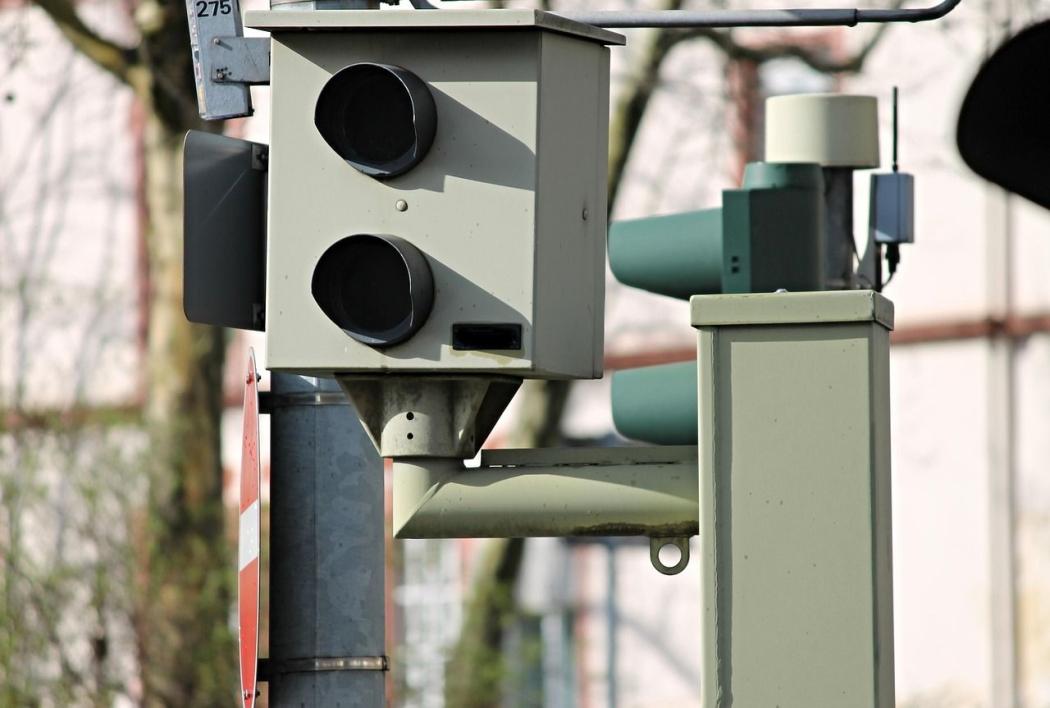If a traffic violation is alleged, those affected have, according to experts, the constitutionally guaranteed right to remain silent. This means they do not have to comment on the alleged facts in the administrative offense proceedings with the investigative authorities.
Personal information mandatory However, one is obliged to provide personal information, including stating one's full name, residential address, date of birth, and place of birth. According to legal experts, the authority has usually already recorded this information and listed it in the hearing form. Only if the personal details already listed in the hearing form are incorrect do the corrected details need to be communicated to the authority.
No information on the matter without prior file inspection Otherwise, according to legal experts, the hearing form can almost be ignored. Additionally, it is advisable not to make any statements about the matter without knowing the investigation file. Only then can one assess what evidence the authority has and to what extent a statement is advisable.
Even though the affected person has a right to remain silent and premature statements should be avoided,
the investigative authority includes the opportunity in the hearing form to make use of the also constitutionally guaranteed right to be heard. A fine or criminal decision should not be made without the affected person being given the opportunity to express themselves regarding the allegations beforehand.
In many cases, it may be sensible for those affected to present their perspective, according to legal experts. If, for example, the facts are inaccurately represented by the authority, one can convey what actually happened. Possibly, one can even cite evidence such as witnesses, like passengers, present friends, or family members who can confirm one's perspective.
However, such a statement should, according to experts, always be made only after inspecting the investigation file. This can be done through a lawyer.
Deadline in the hearing form The hearing form always contains a deadline, usually two weeks, within which a response should be made. Since those affected have a right to remain silent, they do not need to adhere to it. If they initially wish to inspect the investigation file and reserve the right to make a
subsequent statement, they can inform the authority that they can only comment further after file inspection.
What is in the investigation file? In the case of a traffic violation, for example, with "flashed" speeding violations, often only the vehicle owner is contacted, as only they can be identified from the photographed license plate. However, the driver, whom the authority may not know, is always the one responsible for the administrative offense.
Statute of limitations for traffic offenses According to legal experts, depending on the case, it may be advisable not to provide any information so that the authority cannot initiate investigations against the actual traffic offender. Most traffic violations expire after three months. If the fine authority has not disclosed investigations against the correct person by then, such as by sending the hearing form, the proceedings can no longer be pursued against that person.
The fine authority should also not be called upon receiving the hearing form to clarify the issue by phone, as these conversations, according to experts, usually do not occur in favor of the affected person. This is
because the caseworker's notes might disadvantage the affected person in further investigations.
It is also advised against falsely naming another person as the driver because they might not yet have any points in Flensburg. A false accusation is an offense under Paragraph 164 of the German Penal Code (StGB).
Preventing a driving ban for truck drivers A lawyer, however, can review the files at the fine authority and then develop a defense strategy tailored to the investigation file. It can also be sensible to make statements on the matter, which the lawyer can also handle.
Thus, the fine procedure can, for instance, fail due to formal or technical shortcomings in the investigation, such as in the case of incorrect speed measurement or inadequately conducted breath alcohol tests. Or the driver is not sufficiently recognizable in the speed camera photo.
For professional drivers who depend on their driver's license, a driving ban may also be prevented due to particular hardship.
If there is existing traffic legal protection insurance, the costs for the lawyer's defense in fine proceedings are mostly covered by the






